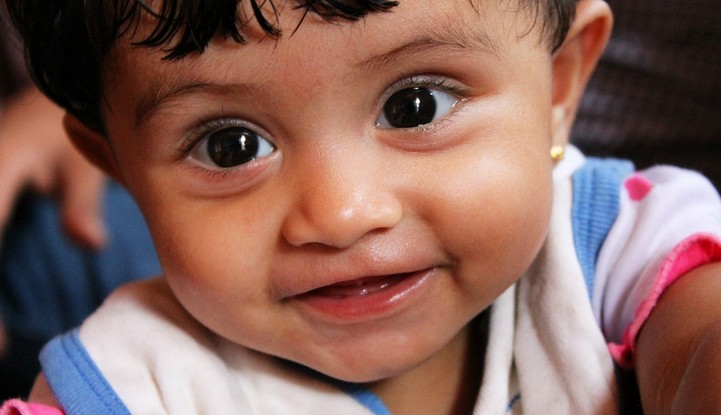One of the most important components of high-quality child care is positive communication between a child care provider and parents. Communication is not easy, especially when addressing concerns about their children. Here are a few simple strategies child care providers can use to communicate concerns with parents.
- Use “I” messages. They will help you speak honestly about your feelings without placing blame on the parent. Focus on how you are feeling and how behaviors affect you or other children. Try




